| New competitor of Vietnamese durian in Chinese market Vietnamese durian exported to EU is checked for residue right at the border gate |
Mr. Ngo Xuan Nam - Deputy Director of the Vietnam National Information and Enquiry Point on Epidemiology and Animal and Plant Quarantine (Vietnam SPS Office) under the Ministry of Agriculture and Rural Development had an interview with reporters and the press about this issue.
Recently, durian information For the first time, Vietnam's exports to the EU are subject to residue checks at the border with a frequency of 10%. Can you share more about this?
According to EU regulations, every 6 months, the European Parliament will meet with relevant parties to increase or decrease the frequency of border checks on agricultural products, food, and animal feed from third countries when importing goods into the EU market. This is an EU regulation and is applied regularly.
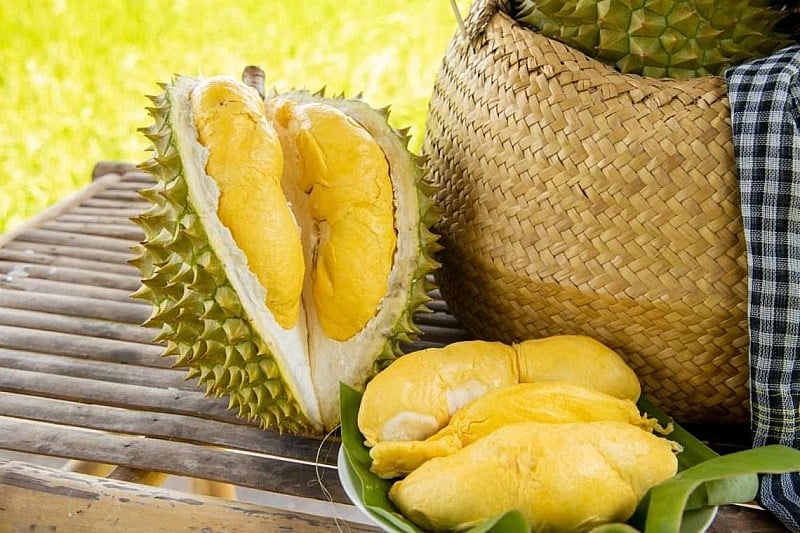 |
| Vietnamese durian exported to EU is checked for residue right at the border gate |
Based on the export data of third countries to the EU, if there is a violation, the EU will put it in Annex 1 (border control) or increase the inspection frequency by 10%, 20%, 30%, 50% or even up to 75%, or switch to Annex 2 (the annex requires a certificate of sample analysis results before importing into the EU). Or the EU can remove it from the border inspection list and also not require a food safety certificate or sample analysis results before importing into the EU if the goods are of guaranteed quality.
All third countries exporting goods to the EU must comply with this regulation.
Regarding the latest notification of the European Commission sent to the World Trade Organization (WTO) Secretariat, I would like to reiterate that this is a notification of the European Commission sent to the WTO Secretariat to widely inform all WTO members to comply, not a warning from the EU against agricultural products of countries when imported into the EU.
Regarding this announcement, Vietnam has 5 items subject to EU control when imported into this market. In Appendix 1, for items subject to border inspection frequency, there are: Bell peppers with a border inspection frequency of 50%; instant noodles with a border inspection frequency of 20%. These two items have also been regulated in 2023. In 2024, this announcement remains the same as the old regulations.
In this Appendix 1, durian is added with an inspection frequency of 10%.
In Appendix 2, for agricultural and food products, in addition to being subject to border inspection frequency, it is necessary to supplement the certification of sample collection and analysis results according to EU regulations. Vietnam has 2 products, okra and dragon fruit, with the corresponding rates of 50% and 20%. These two products are also included in the announcement for the last 6 months of 2023.
Thus, compared to the announcement for the last 6 months of 2023, we have 4 items including okra, instant noodles, bell peppers, and dragon fruit that still maintain the same inspection frequency as the previous period. Only durian has an additional inspection frequency of 10%.
What is the reason that Vietnamese durian is being put under border control this time, sir?
According to statistics from the Vietnam SPS Office, in the last 6 months of 2023, Vietnam had only 3 shipments of durian that unfortunately violated EU regulations. Therefore, the EU has put them under control with a frequency of 10%.
Thus, in a container with 100 boxes, the EU will randomly sample 10 boxes to test for pesticide residue levels according to EU regulations.
Will the increased control over durian this time affect agricultural exports to the EU market, sir?
I think this does not affect the products much because in agricultural trade, border control for all agricultural products is very normal. Even in Vietnam, when we import agricultural products and food, we will also control according to the regulations of Vietnamese law.
This is similar to other markets, they also have regulations to control at the border, control right at the gate or control when the goods are circulating in the market of the importing country.
 |
| Mr. Ngo Xuan Nam - Deputy Director of SPS Vietnam Office |
Regarding Vietnamese durian, we believe that in recent times, Vietnam has done a good job in food safety. There have been many conferences, seminars, as well as programs to recommend farmers, cooperatives, and businesses to comply with market regulations in the process of cultivation, agricultural practices, and product processing and packaging.
However, it is possible that the 3 durian shipments detected in the last 6 months of 2023 may have been due to negligence in our control process and violated EU regulations, which led to the EU putting it on the list of increasing the frequency of border checks by 10%.
However, if businesses and cooperatives coordinate and cooperate with each other to control residue levels and pesticides for durian in particular and agricultural products in general, I believe that in the last 6 months of 2024, the EU will be able to review and remove durian from the 10% frequency inspection list.
In fact, Vietnam still has 5 products under EU control. In your opinion, what is the solution to gradually remove these products from the control list?
Previously, we also had many items that were subject to control by the EU with a relatively high border inspection frequency. However, by 2022, thanks to the efforts of agencies, businesses, and especially farmers, who have controlled pesticide residue levels well. Therefore, a number of Vietnamese vegetable and spice items have been removed from Appendix 1 of the EU's list of border inspection frequencies.
Therefore, we now only have 4 items from the previous phase and add durian. In order for these items to be gradually removed from the control list, we believe that, first of all, farmers in the process of organizing cultivation need to try to comply with EU regulations on controlling plant protection drugs.
During the cultivation process, farmers need to pay attention and have a firm grasp of the active ingredients that the EU does not allow to be used. As for the remaining active ingredients that the EU allows or Vietnam allows to be used, we must comply with the 4 rights during the cultivation process. At the same time, it is necessary to actively switch to organic farming, using biological active ingredients and biological products to better meet market requirements.
In addition, there is the coordination and support of local authorities and businesses. Currently, not only in the EU market but also in most markets, if a business violates or is warned, it will affect the entire Vietnamese agricultural product industry.
Because if we do not control well, in the next 6 months, the EU may consider putting durian on the Appendix 2 list - that is, in addition to being subject to a 10% border inspection frequency, Vietnamese durian will also be required to issue additional certificates of sampling and analysis of durian samples sent with the shipment when exporting to this market. This will be costly for businesses.
Therefore, businesses need to pay attention to international rules of the game, especially with the EU market. Because not only durian but all agricultural products and food of Vietnam when exported to other countries must pay attention to comply with regulations on food safety and disease safety. Avoid being put on the control list, increasing the frequency of border control as well as requiring additional procedures and certifications, causing costs for businesses.
Thank you!
Source link









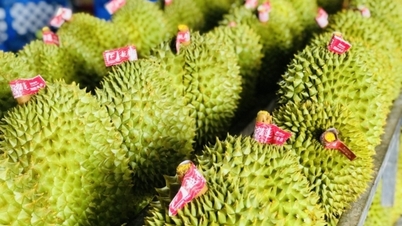
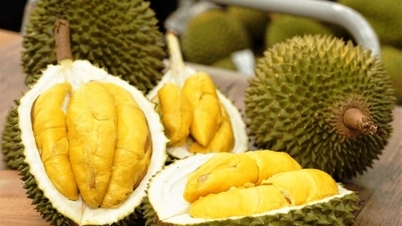

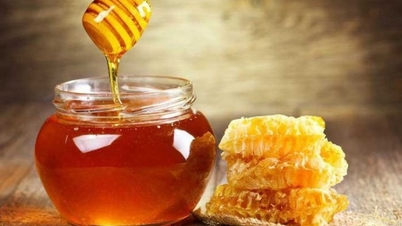


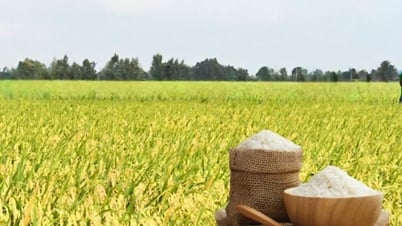
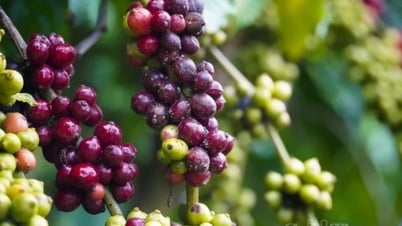


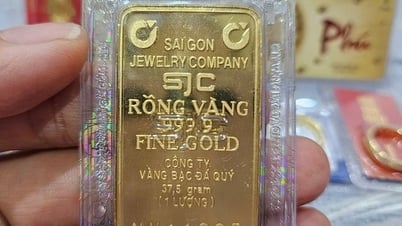

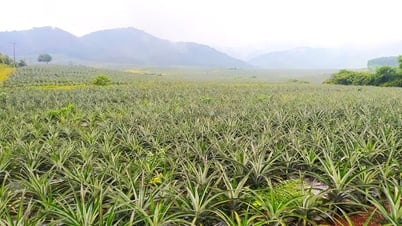















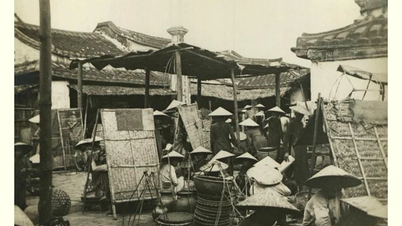










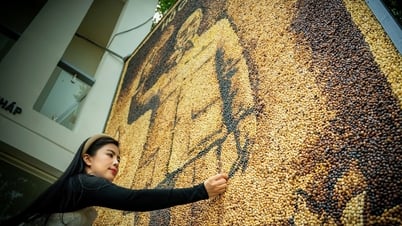




















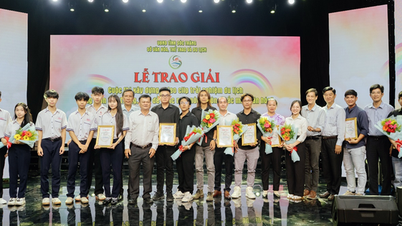







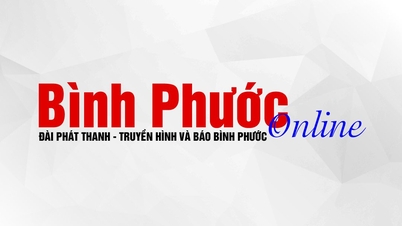

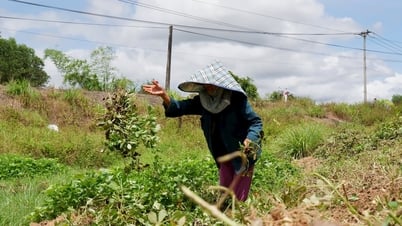

















Comment (0)